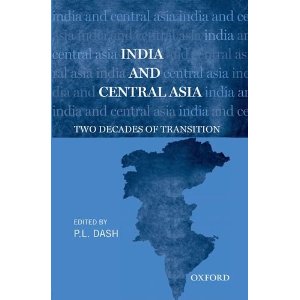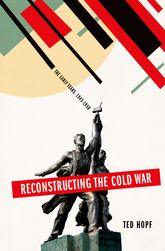(Book Chapter) (Co-author: S. Peyrouse) Given India's long tradition of linkages with Central Asia, it is essential to focus on the region, where countries are shaping up their political future. To analyse and study the emerging political, security, and economic scenario in the region, Nehru Centre, Mumbai, organized a series of lectures by eminent scholars in the field from India and abroad. From energy cooperation, the Silk Route, and Kashmir and Central Asia to strategic implications for India in the light of China-led multilateralism in the region, nation building, and river water politics to economic challenges facing less developed states and US interest in the region—timely and thought-provoking, these lectures collected in this volume look at India-Central Asia relations especially in the past two decades. While the oil rich countries played the Caspian role, Uzbekistan, the most populous country in the region, came out prominently to play its weighty regional role in competition with Kazakhstan. Solutions to narcotic trafficking, money laundering, the splintering effects of the Afghanistan imbroglio, and terrorism among others remain limited.
"Shanghai Cooperation Organization: Hopes amid Hurdles," M. Laruelle, S. Peyrouse, ed. P.L. Dash, India and Central Asia. Two Decades of Transition, 76-87, Oxford University Press (2012)










